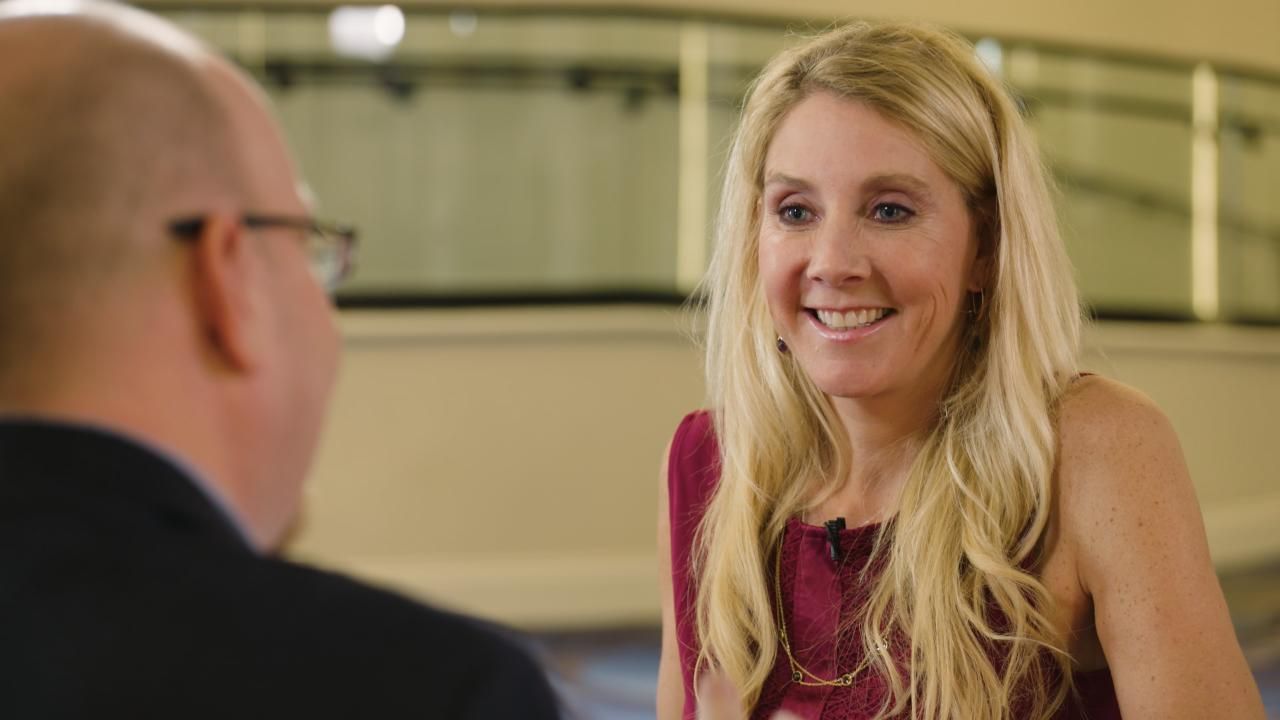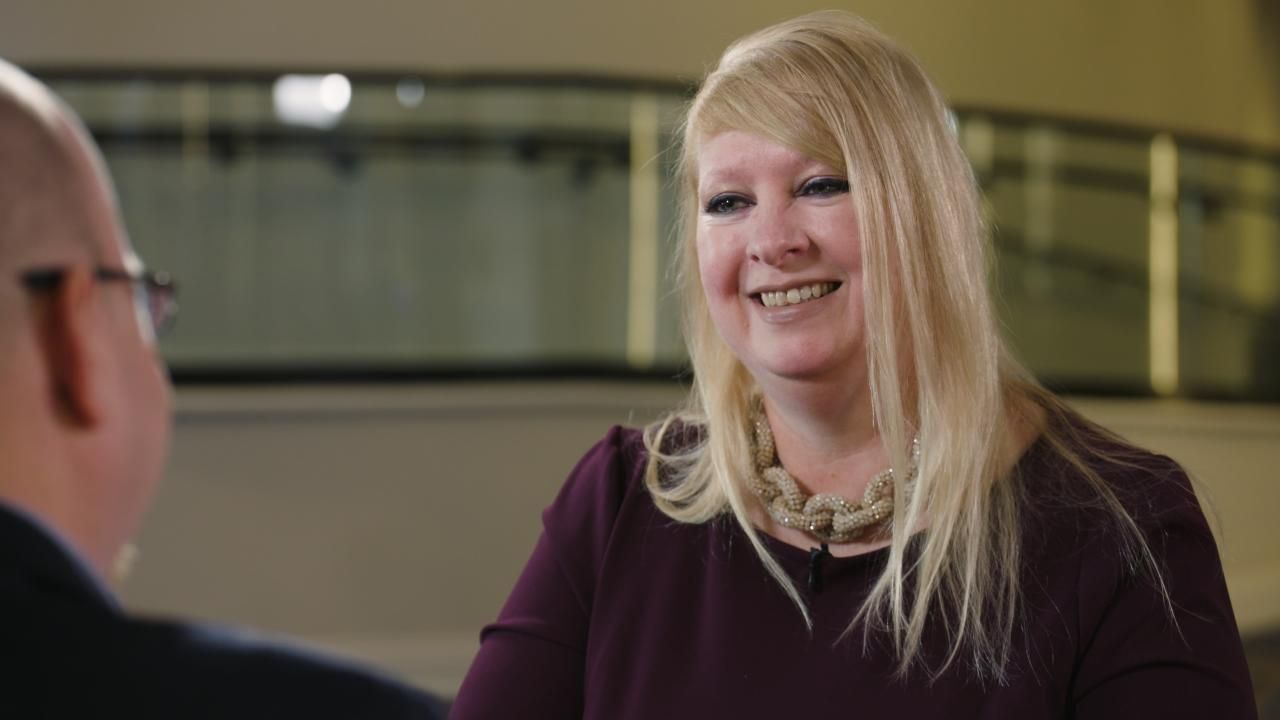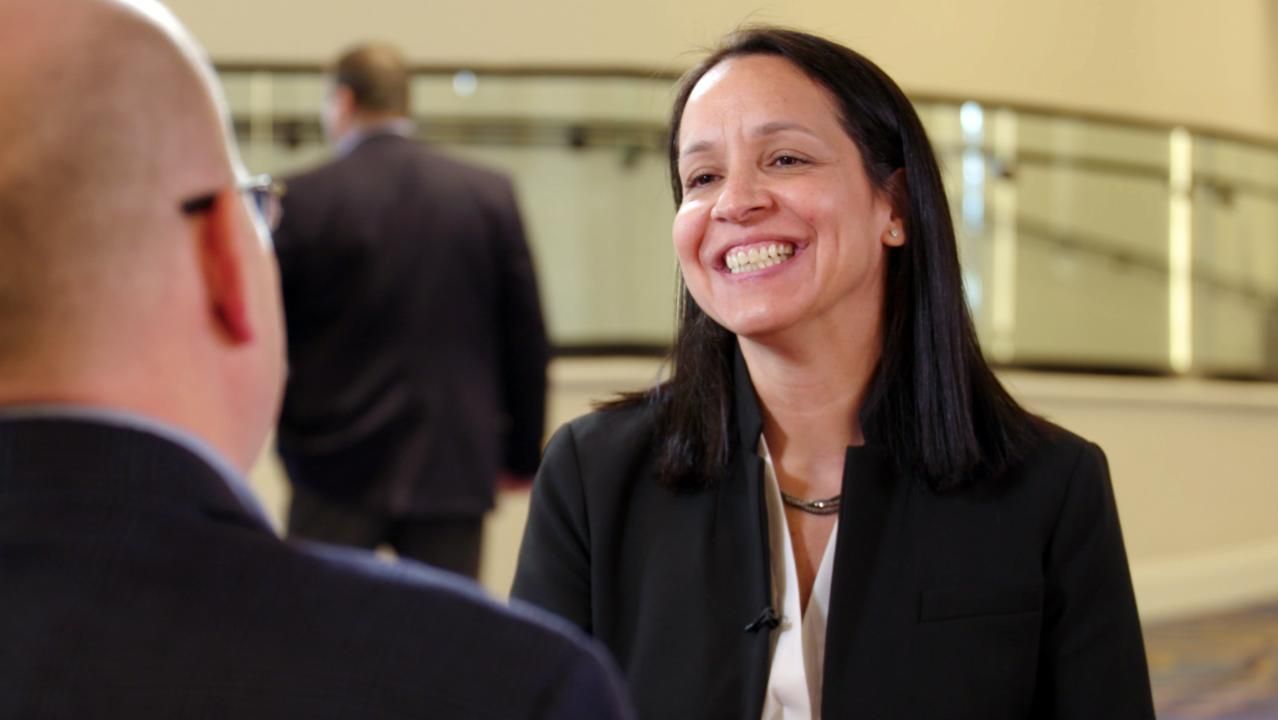What is digital estate planning?
Whether you like it or not, you have an array of digital assets that need your estate planning attention. Jamie Hopkins explains why you can't afford to ignore what happens to your social media presence after you die.
Transcript:
[Matt Ackermman] So Jamie, ‘what is digital estate planning’?
[Jamie Hopkins] Yeah, so that’s a great question – not a lot of people know yet. So digital estate planning is really what do we do with all those digital assets. Your Facebook account, your Twitter account, your business website, your online banking. All of that stuff is really controlled by what we call ‘terms of service agreements’ – TOSES – that thing that you scroll to the bottom of that you didn’t read. Now, interestingly in there they say these are non-transferable assets meaning you can’t leave them to your heirs via traditional will or trust. So most people’s current estate plans are out of place and that’s why a whole world is forming about what do we do for those digital online assets.
[MA] So these are assets with real value then?
[JH] Yeah, so that’s a big shock to a lot of people. They say: I don’t really care about a lot of this stuff – it doesn’t have value. But if you have a business, small business, you might generate all of your business through an online marketplace or website. If you are software company your only asset is a digital asset. Now, I say, OK, let’s say you’re not in that world – your emails there’s probably some value to them, maybe not financially but think about this: I had an individual I worked with recently, spouse had passed away, right, surviving spouse couldn’t get into any of their accounts, because it was all tied to the former spouse’s email. They didn’t know the password, and those places won’t give them to you because, again, those terms of service agreements say ‘non transferable asset, you have no right to it, that password’s protected’. Even your fiduciary of the estate doesn’t have a right to it, unless you do planning. Every state now has passed a law allowing fiduciary’s access to your online accounts, only if it’s specifically in your will, trust, power of attorney document. So you actually have to do active planning here to get access to that surviving spouse (‘s email).
[MA] Jamie, what happens to your social media accounts when, say, you pass away.
[JH] If you don’t do planning it doesn’t end out well. A lot of these accounts just stay there for ever, right, they just look like they’re ongoing accounts and the person has passed away, and that can be really awkward, and create some real burden on the family members still around. Now interestingly, Facebook allows you to memorialize the account, and so you’re not going to get new friend requests, birthdays, thing like that, and it kind of lets people know that the person has passed away. Google added a really interesting feature where you can essentially set up a beneficiary designation on the account when it becomes inactive for a long period of time. So even if you were to go into a coma, become disabled, something like that, it would pass that information over to your spouse, you fiduciary, so that they can access to it, you know, look at all the stuff that’s in there, and wrap it up. Now again, we really have to be pro-active here. We have to do those things ahead of time. We can’t fix that after we’ve passed away or we become incapacitated. So do planning, update your wills, look at the options out there with these social media accounts.
[MA] That’s incredible because when my mother passed away her Facebook account got hacked by someone and we couldn’t get into it to stop this. So it’s amazing how this is a real problem that people are facing day in and day out, and Facebook’s attitude was: ‘sorry, nothing we can do’.
[JH] Yeah, and it’s not their job to fix it – you agreed to that in that crazy contract, right, and you didn’t read it, didn’t think about it, and the reality is most people who have died over the last 20 years didn’t have a lot of digital assets but were starting to. Over the next 20 years everyone’s going to have tens, hundreds of online accounts and we need a plan for those. And you mentioned a great one. Facebook actually has a process now, you can memorialize an account now, you can have it shut down. Because sometimes it weird. I’ve had friends that have passed away at young ages and their birthday shows up, and people are writing happy birthday and they didn’t know they had passed away. You know, we need to deal with those assets because they don’t really go away, right? They’re kind of permanent there. We’ve got this permanent digital footprint.
[MA] Well Jamie, this has been great. Really helpful for me. I need to go re-write my will to have taken into account digital estate planning. Thank you so much.
See also
Financial planning in the new normal – The world has gone digital, but clients likely don’t understand the implications.



